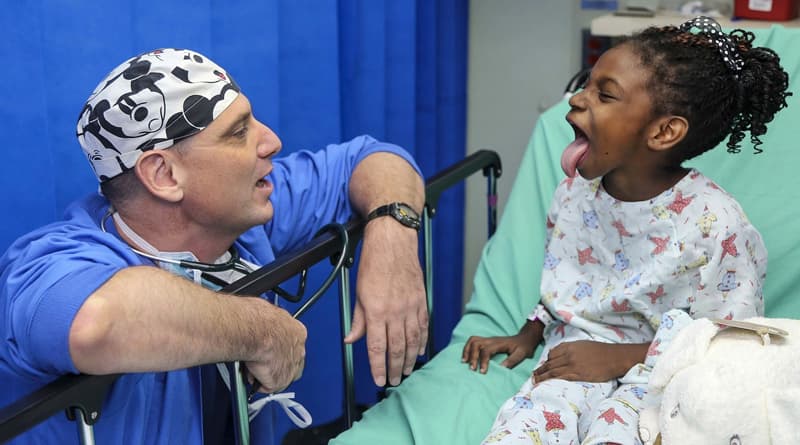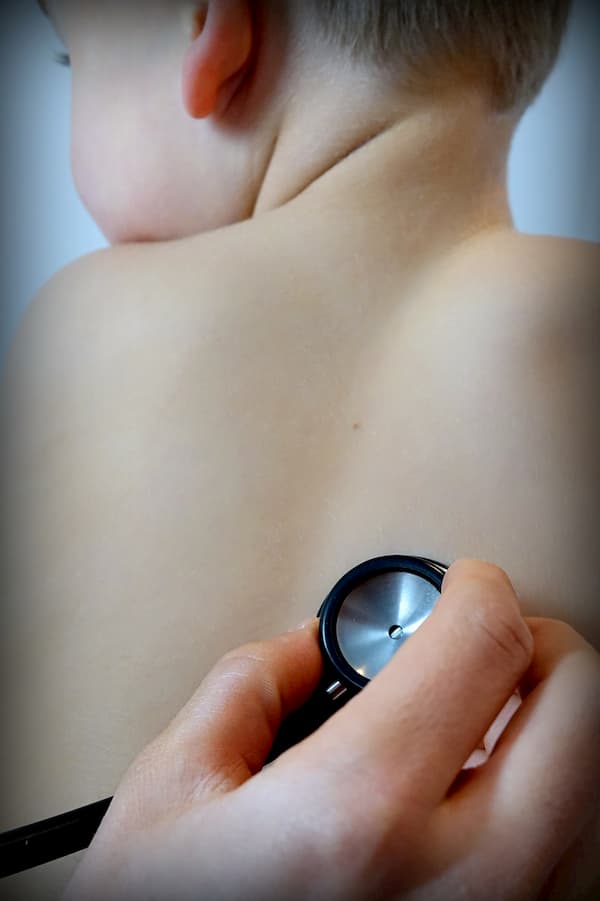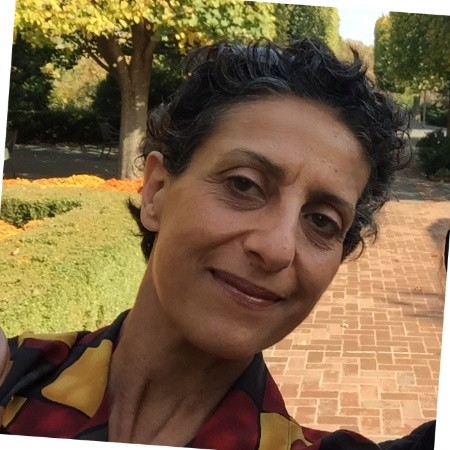
Becoming a General Pediatrician for Neurodiverse Children
By Sara Parvinian, M.D.
Becoming a Pediatrician
I knew I wanted to be a pediatrician when I started the clinical rotations at the medical school!
Children are our future! If not for them who else should we care for?
While doing my NICU rotation at Cook County Children’s Hospital in Chicago (early nineties) with the floor full of preterm and very preterm and high risk newborns, learning how to keep them “alive” no matter what, I remember asking my mentor the attending physician, a well known neonatologist, Dr. Rosita Pildes, about the future of these babies and their healthcare, education and adult life. In response to my question that “Who will take care of them after they are discharged ?” Dr. Pildes simply said : “Their Pediatricians!” And I’m sure she was aware of lack of training and resources for “general pediatricians” in most pediatric residency programs at that time!
 And there it was! I would meet many children, not just newborns, with special needs at the practice I joined after I finished my residency training. I became “ Their Pediatrician”, having the responsibility of caring for them to continue their growth and development.
And there it was! I would meet many children, not just newborns, with special needs at the practice I joined after I finished my residency training. I became “ Their Pediatrician”, having the responsibility of caring for them to continue their growth and development.
Caring For Children With Special Needs
I had grown up in a situation to personally observe living institutions for children and adults with special needs. The terms “disabled” or “imbecile” were very commonly used to describe people with “Different Brains”! And noticing that in the United States children with special needs are being mainstreamed into society was a tremendous relief to me. At the same time I was well aware of the difficulties in making this inclusion to completely go through and for medical practices to accept children (and adults) with special needs as a “normal” part of their patients.
The emotional look on one of my patients’ mothers face when – after entering the exam room as I do all the time – I greeted her sixteen year old son as a new patient by talking directly to him making eye contact with him, knowing he had CP (Cerebral Palsy) unable to speak well or shake my hand was a surprise to me as she said this was the first time a medical professional had directly encountered her son and not used her as the only person in the room to be connected with! He could understand me and responded to me in his capacity! He was the patient I was caring for!
Progress for People With Special Needs
We have come a long way since the eighties and the nineties. with advanced medical technologies the life expectancy for children with special needs has increased greatly by being able to resolve or manage many of their medical problems. We have taken them out of the back rooms and crowded institutions into the community and have mainstreamed them into regular education by providing accommodations, including the addition of therapists and life skill trainers into the educational system.
With all this said: we still have a lot to do!

Financial Limitations and Solutions For The Future
As a pediatrician I know how hard it was to have a “limited maximum life health insurance benefit” for parents with special needs children! So it was a great step forward when, under the ACA, this rule was abolished!
Not being able to get health insurance coverage with a pre-existing medical need was an unbelievable dichotomy! Who needs more coverage than a person who has a medical need? And now again we have taken care of this under the ACA!
Caring for patients with special needs by a general pediatrician is not easy work considering the extended time and poor reimbursement! But the introduction of “Medical Home” and assisting small independent practices to become one by The American Academy of Pediatrics has also been a great step by showing how to cut costs and use office staff more efficiently in providing care and follow up and transitioning pathways for their patients with special needs along with “regular” patients. What’s still missing is to present Medical Home practices as a money saver to the health insurance companies so the value for the time spent and the quality outcome of care is reimbursed sufficiently to the office!
I had to retire from active pediatric practice due to my health issues much earlier than I’d expected and liked. But that does not take my passion for children with special needs away. Now I have time to advocate and speak out and get involved as a learner and an assistant with self-advocates and parents groups working on behalf of their children!
Children are our future! And if not for them for who else should we care?

Sara Parvinian, M.D. is a retired pediatrician, author of the children’s book Where Did Grandpa Go?, and an advocate for children with special needs.




